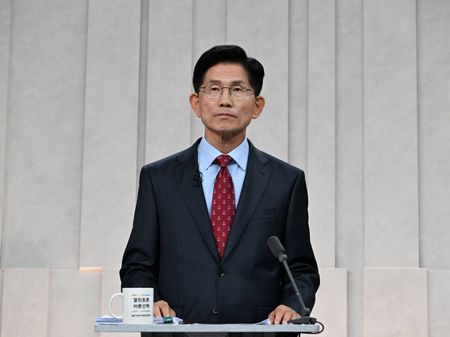By Amanda Ferguson
BELFAST (Reuters) – A human rights organisation is taking legal action against Northern Ireland’s regional government for failing to meet a nearly 20-year-old statutory obligation to develop an anti-poverty strategy.
Poverty has worsened in that time, reflecting the political divisions that still beset the British-ruled province, two decades after the commitment was made as part of its peace process.
According to government data published last year, 19% of Northern Ireland’s population live in relative poverty, albeit still below the 21% United Kingdom average.
But separate research has shown that areas with Irish nationalist majorities are particularly afflicted by child poverty. In one such area, West Belfast, a third of children live in poverty.
The Committee on the Administration of Justice (CAJ) began proceedings last month to seek a judicial review against the regional administration for lack of action since the regional assembly was restored from suspension in February 2024.
“We are almost a year on and no draft strategy has gone to the Executive, out for public consultation, and no strategy has been adopted,” CAJ director Daniel Holder told Reuters.
The 2006 St Andrew’s Agreement amended the law underpinning the 1998 Good Friday Peace deal to compel local politicians to adopt a poverty strategy.
The law says the strategy must be based on objective need, meaning that resources cannot simply be allocated equally between unionist and nationalist communities if there are significant differences in poverty levels.
A spokesperson for the province’s Department for Communities (DfC) said it hoped to present a paper to the executive “in the coming weeks”.
Northern Ireland’s High Court had already ruled in 2015, in response to a CAJ complaint, that the executive was acting unlawfully by not adopting an anti-poverty strategy.
The power-sharing government between pro-British unionists and Irish nationalists collapsed for three years from January 2017, and again from 2022 to 2024.
A hearing on the CAJ’s case is scheduled for Jan. 31.
(Reporting by Amanda Ferguson, editing by Padraic Halpin and Kevin Liffey)











